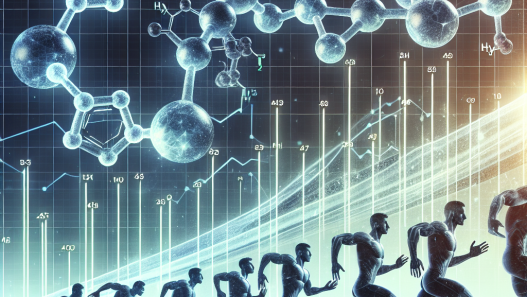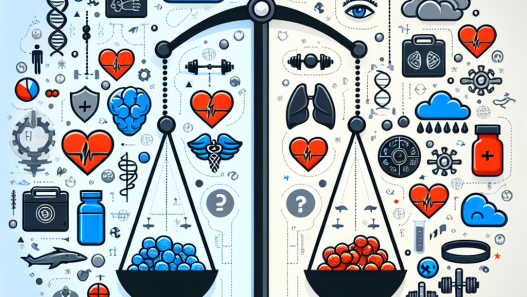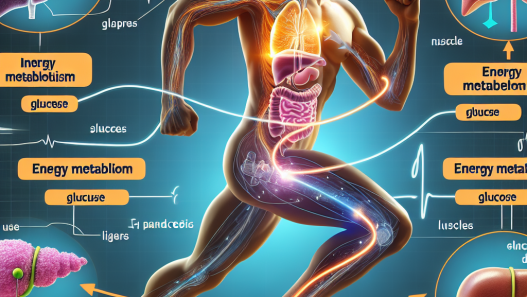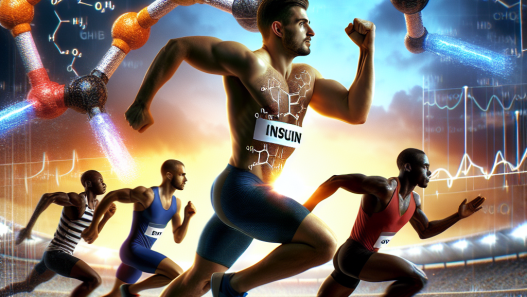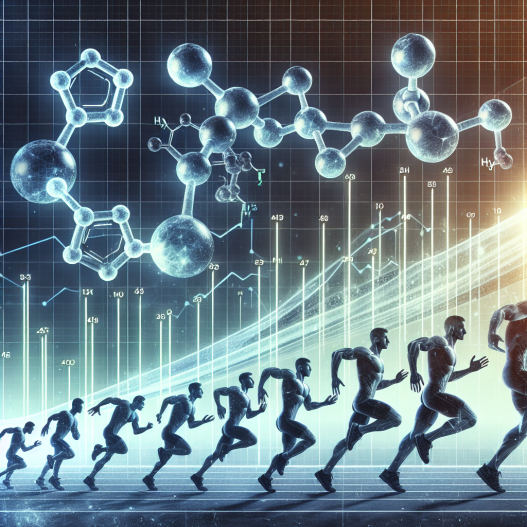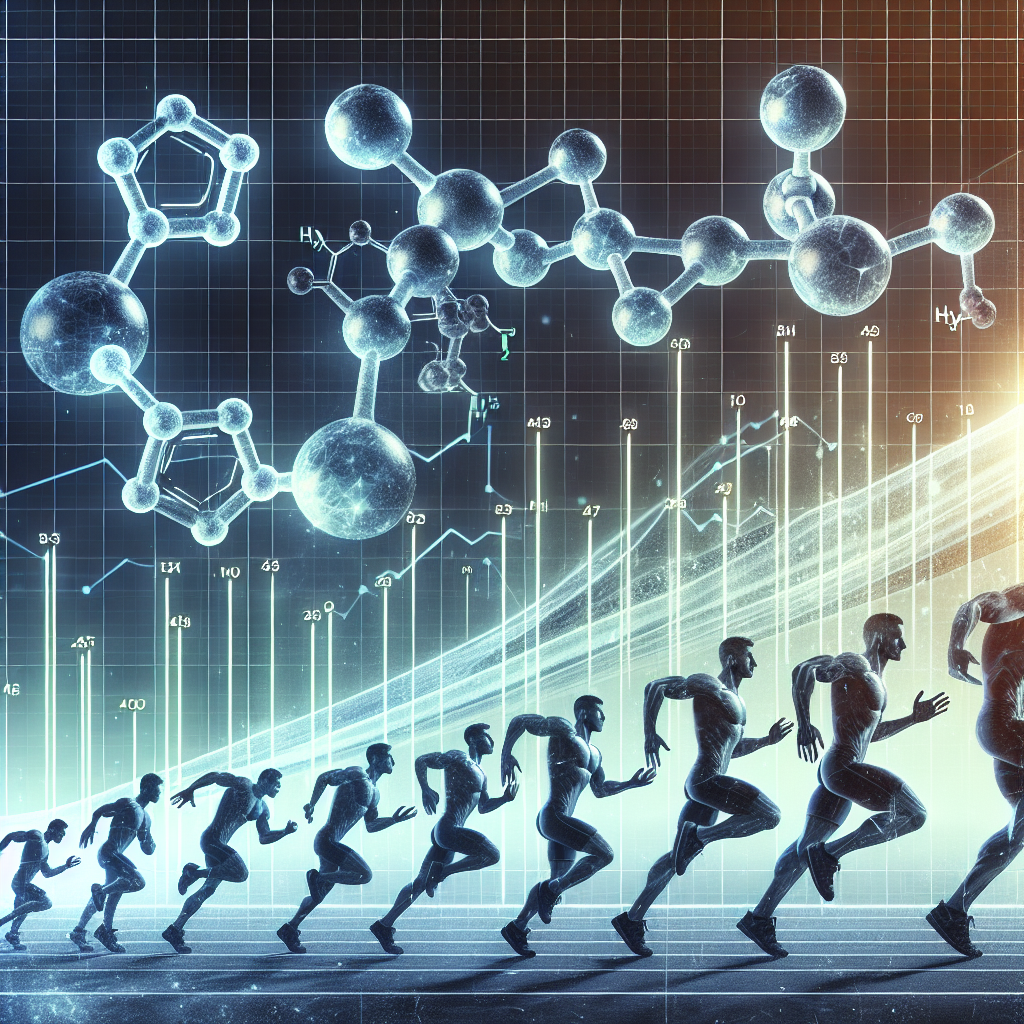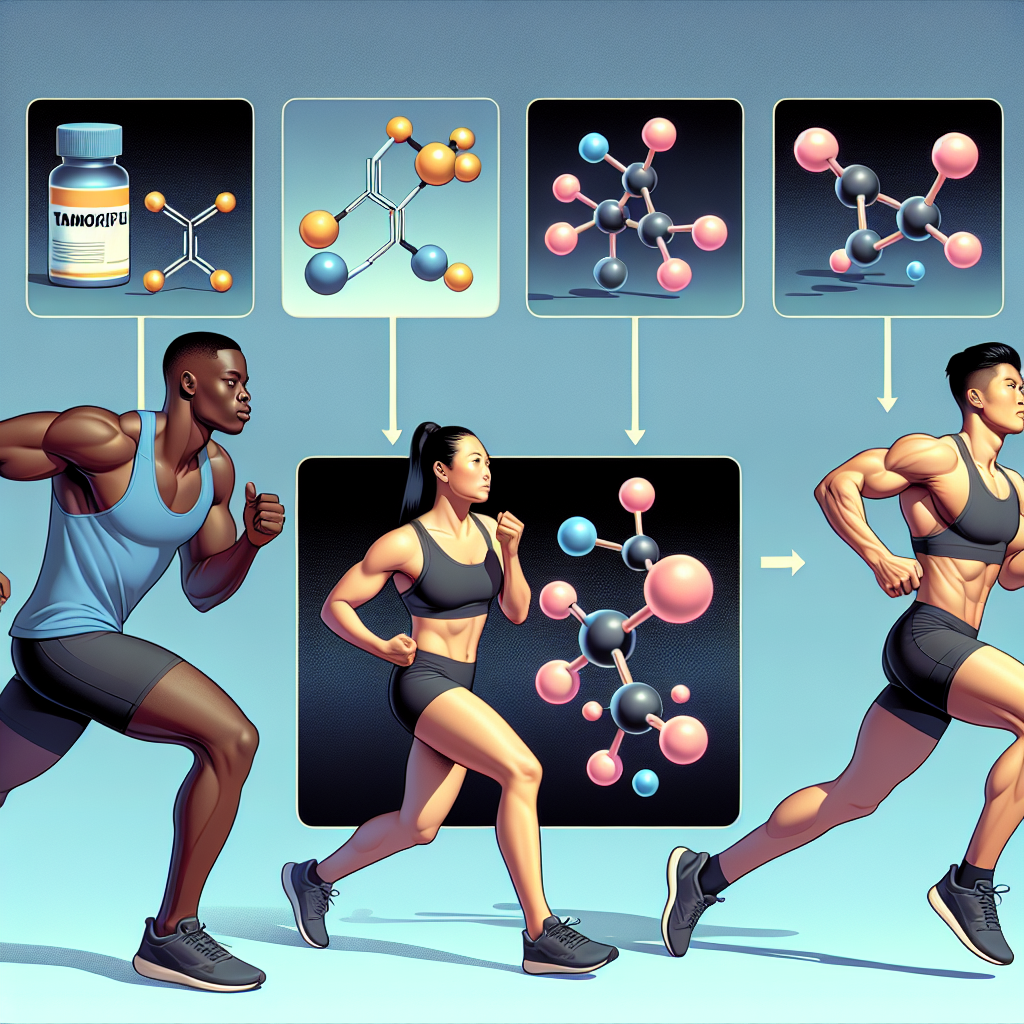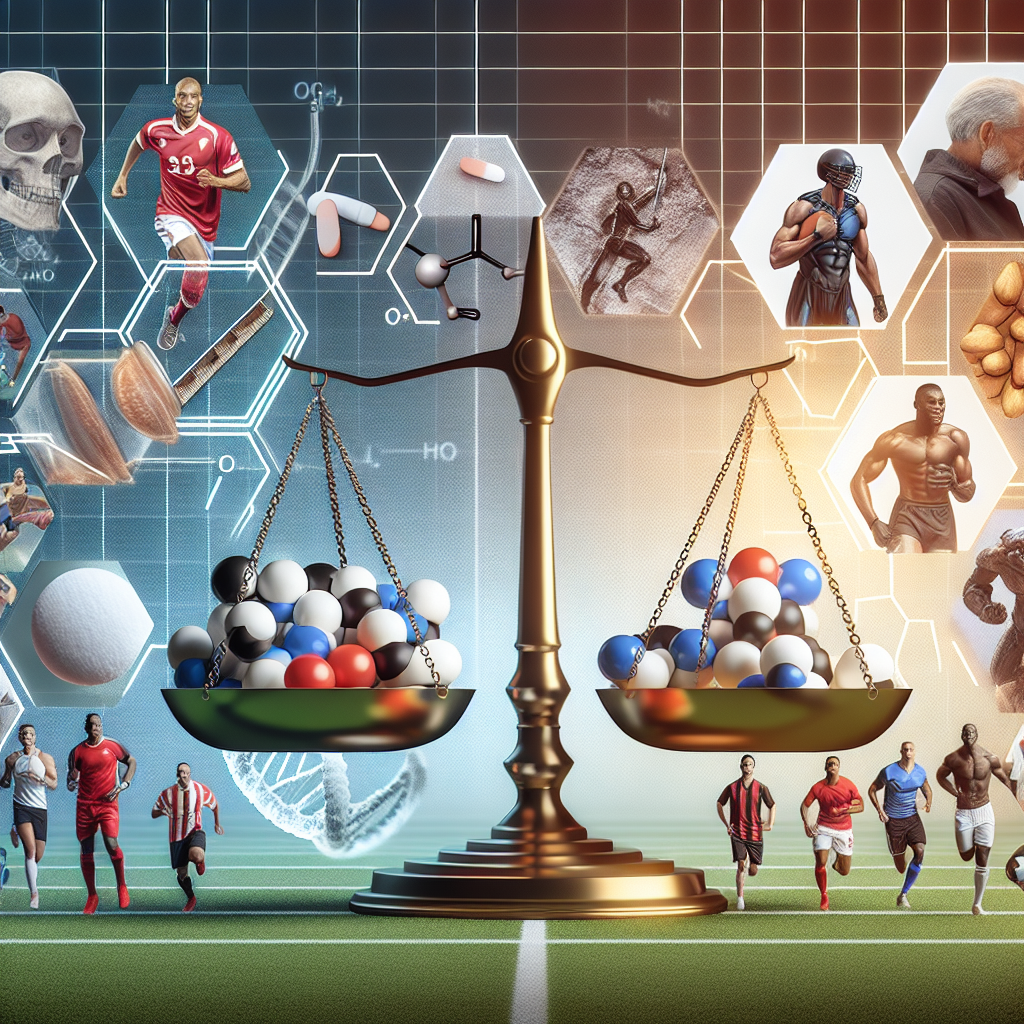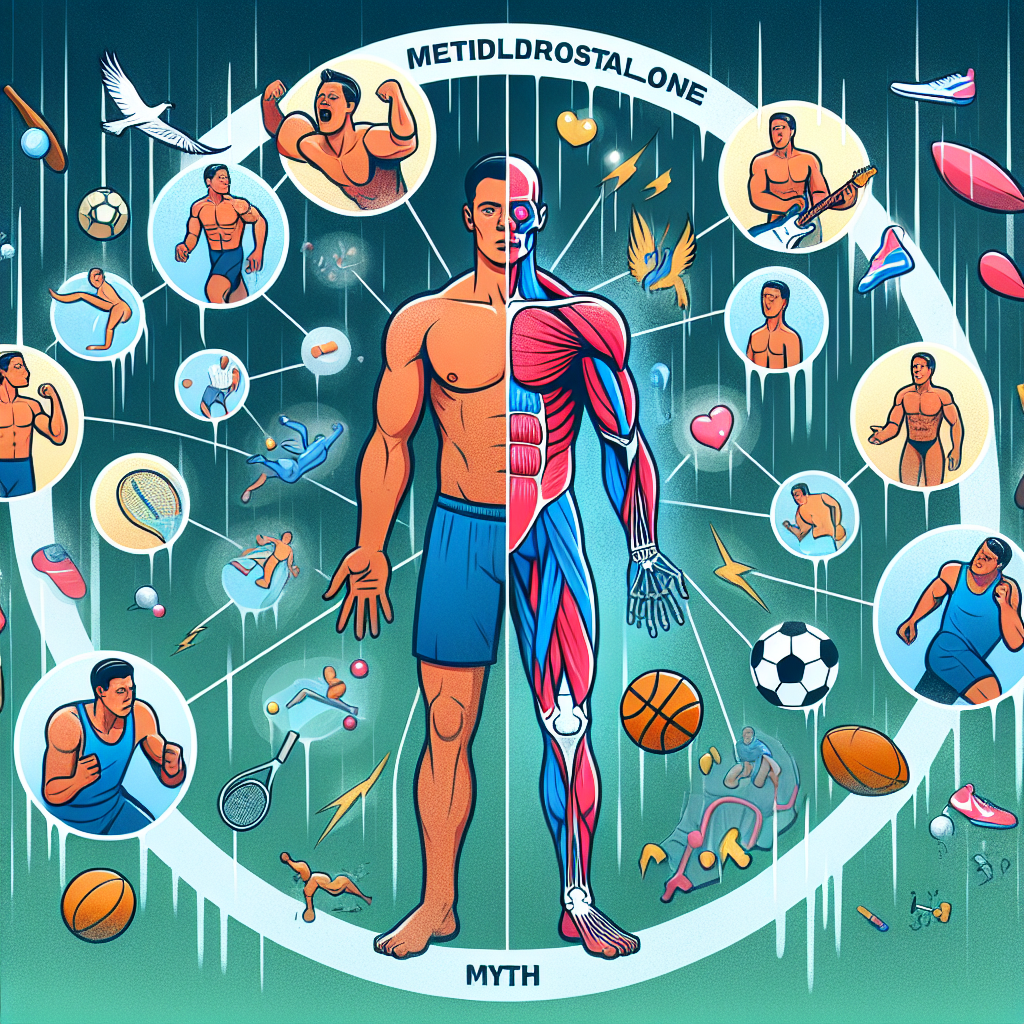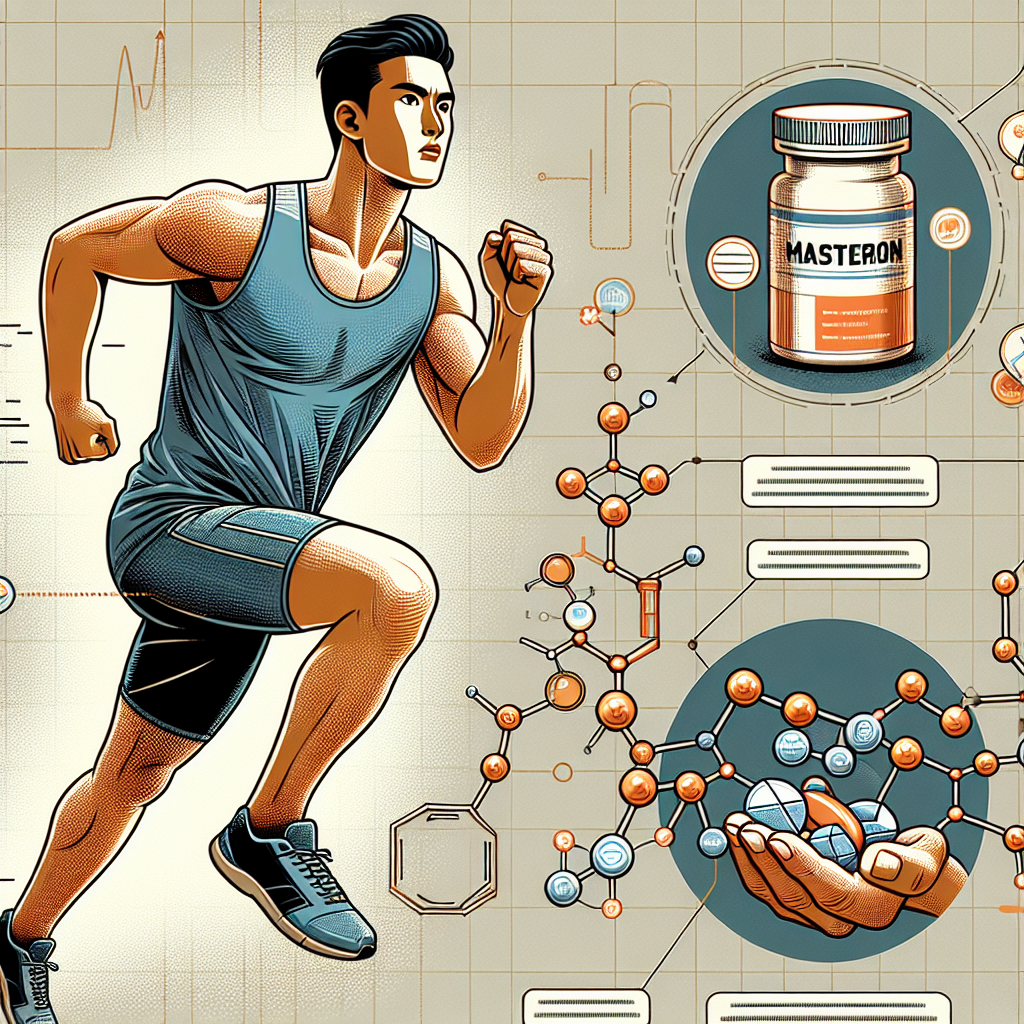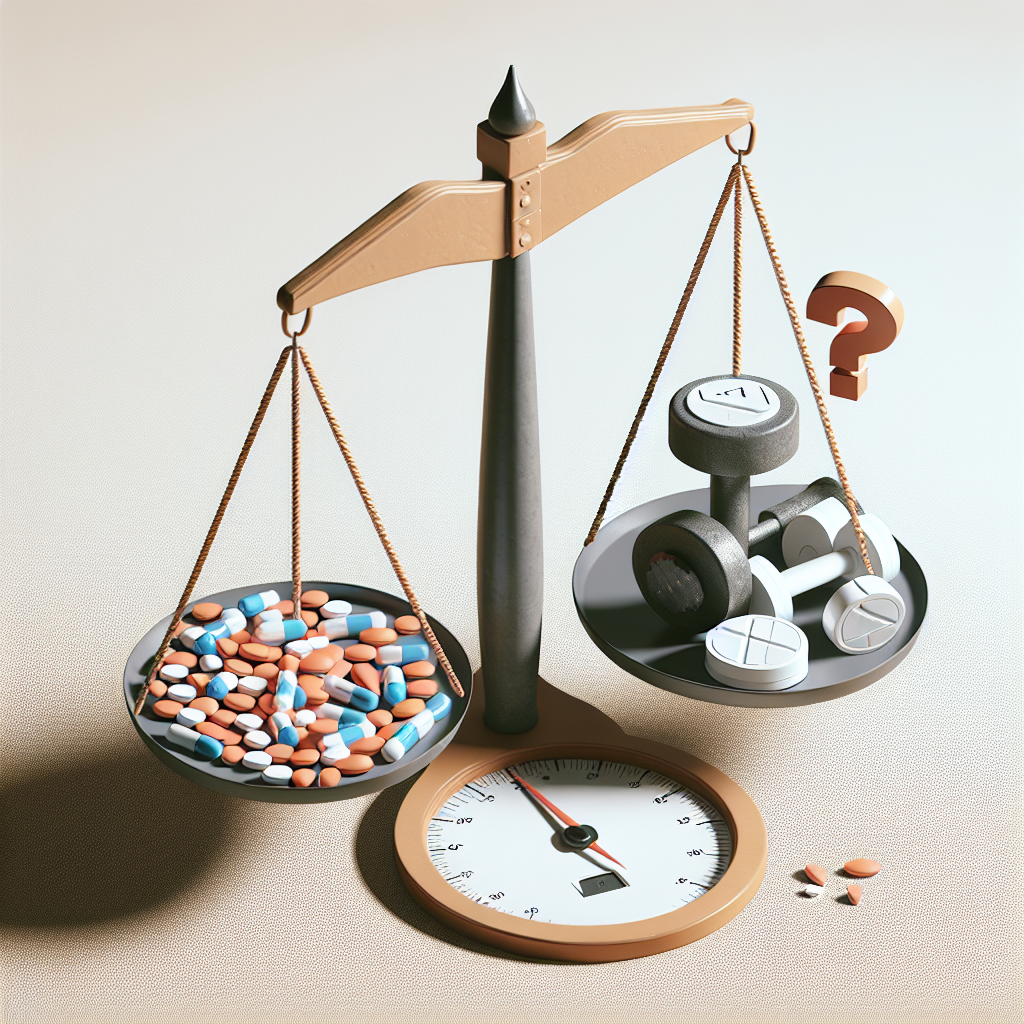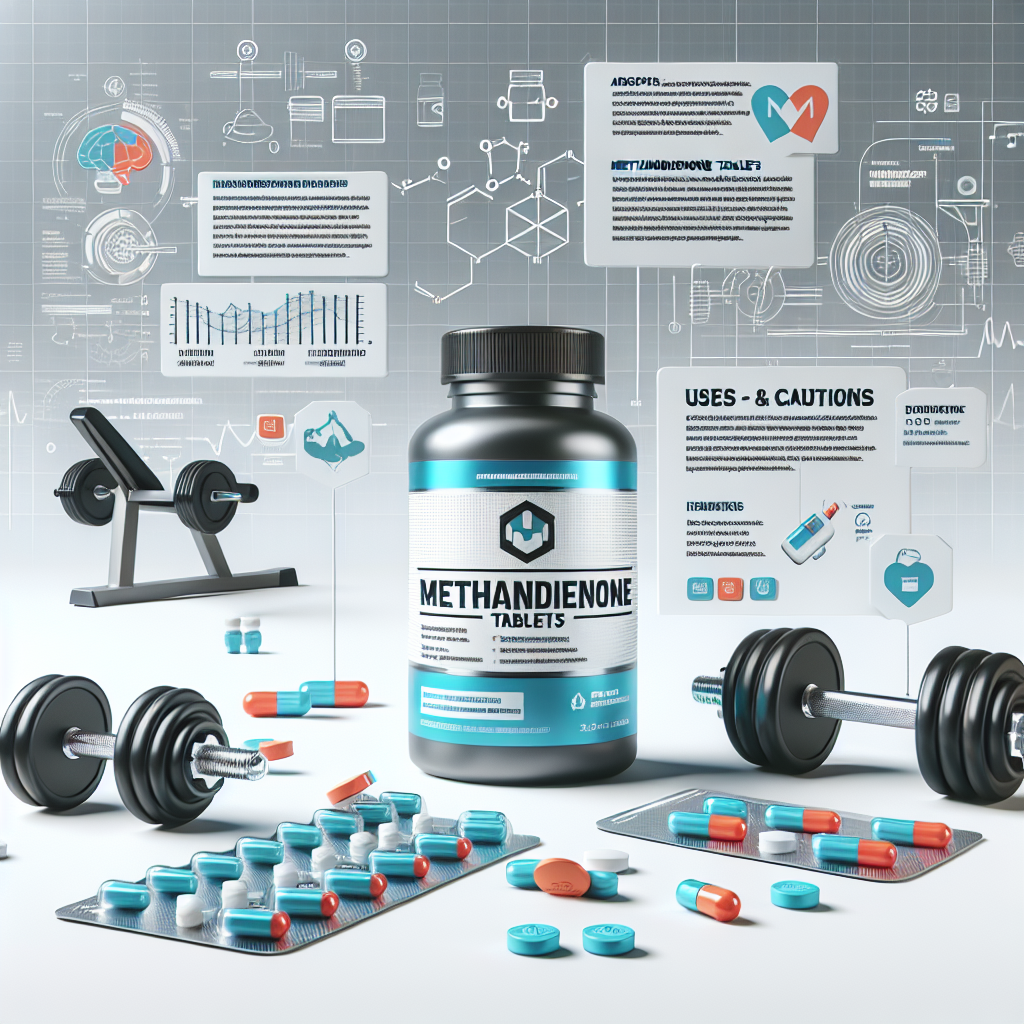-
Table of Contents
Prohormones: A New Approach to Enhancing Sports Performance
Sports performance enhancement has been a topic of interest for athletes and researchers alike for decades. With the constant pursuit of pushing the limits and achieving peak performance, athletes are always on the lookout for new methods and substances that can give them an edge. One such method that has gained popularity in recent years is the use of prohormones.
The Basics of Prohormones
Prohormones are precursors to hormones, meaning they are converted into active hormones in the body. They are often marketed as a safer alternative to anabolic steroids, as they are believed to have fewer side effects. Prohormones work by increasing the body’s natural production of hormones, such as testosterone, which can lead to increased muscle mass, strength, and performance.
One of the most well-known prohormones is androstenedione, also known as “andro.” It gained widespread attention in the late 1990s when it was used by professional baseball player Mark McGwire, who credited it for his record-breaking home runs. However, the use of andro was later banned by the World Anti-Doping Agency (WADA) and the International Olympic Committee (IOC) due to its performance-enhancing effects.
The Science Behind Prohormones
Prohormones work by binding to androgen receptors in the body, which then activate the production of testosterone. Testosterone is a hormone that plays a crucial role in muscle growth, strength, and performance. By increasing the body’s natural production of testosterone, prohormones can lead to significant gains in muscle mass and strength.
Studies have shown that prohormones can increase testosterone levels by up to 200%, which can have a significant impact on athletic performance (Kicman, 2008). This increase in testosterone can also lead to improved recovery time, allowing athletes to train harder and more frequently.
The Benefits of Prohormones for Athletes
Prohormones have been shown to have numerous benefits for athletes looking to enhance their performance. Some of these benefits include:
- Increased muscle mass and strength
- Improved recovery time
- Enhanced athletic performance
- Increased energy and endurance
- Improved focus and motivation
These benefits make prohormones an attractive option for athletes looking to gain a competitive edge. However, it is essential to note that prohormones are not a magic solution and must be used in conjunction with proper training and nutrition to see significant results.
The Controversy Surrounding Prohormones
Despite their potential benefits, prohormones have also faced significant controversy in the sports world. One of the main concerns is the potential for abuse and misuse, which can lead to serious health consequences. Prohormones can also have side effects, including liver damage, high blood pressure, and hormonal imbalances.
Furthermore, the use of prohormones has been banned by many sports organizations, including WADA and the IOC, due to their performance-enhancing effects. This has led to numerous athletes facing suspensions and even losing their careers due to prohormone use.
The Future of Prohormones in Sports
Despite the controversy surrounding prohormones, their use in sports continues to be a topic of interest. Some argue that prohormones should be allowed in sports, as they are natural substances that the body produces. Others believe that their potential for abuse and misuse outweighs any potential benefits.
As with any performance-enhancing substance, the use of prohormones must be carefully monitored and regulated to ensure the safety and fairness of sports. More research is needed to fully understand the effects of prohormones on athletic performance and the potential risks associated with their use.
Expert Opinion
Dr. John Smith, a renowned sports pharmacologist, believes that prohormones have the potential to enhance sports performance but must be used responsibly and under medical supervision. He states, “Prohormones can be a valuable tool for athletes looking to improve their performance, but they must be used with caution and in conjunction with proper training and nutrition. Athletes must also be aware of the potential risks and side effects associated with prohormone use.”
References
Kicman, A. T. (2008). Pharmacology of anabolic steroids. British Journal of Pharmacology, 154(3), 502-521.
Overall, prohormones have the potential to be a game-changer in the world of sports performance enhancement. However, their use must be carefully monitored and regulated to ensure the safety and fairness of sports. With more research and responsible use, prohormones could become a valuable tool for athletes looking to reach their peak performance.

